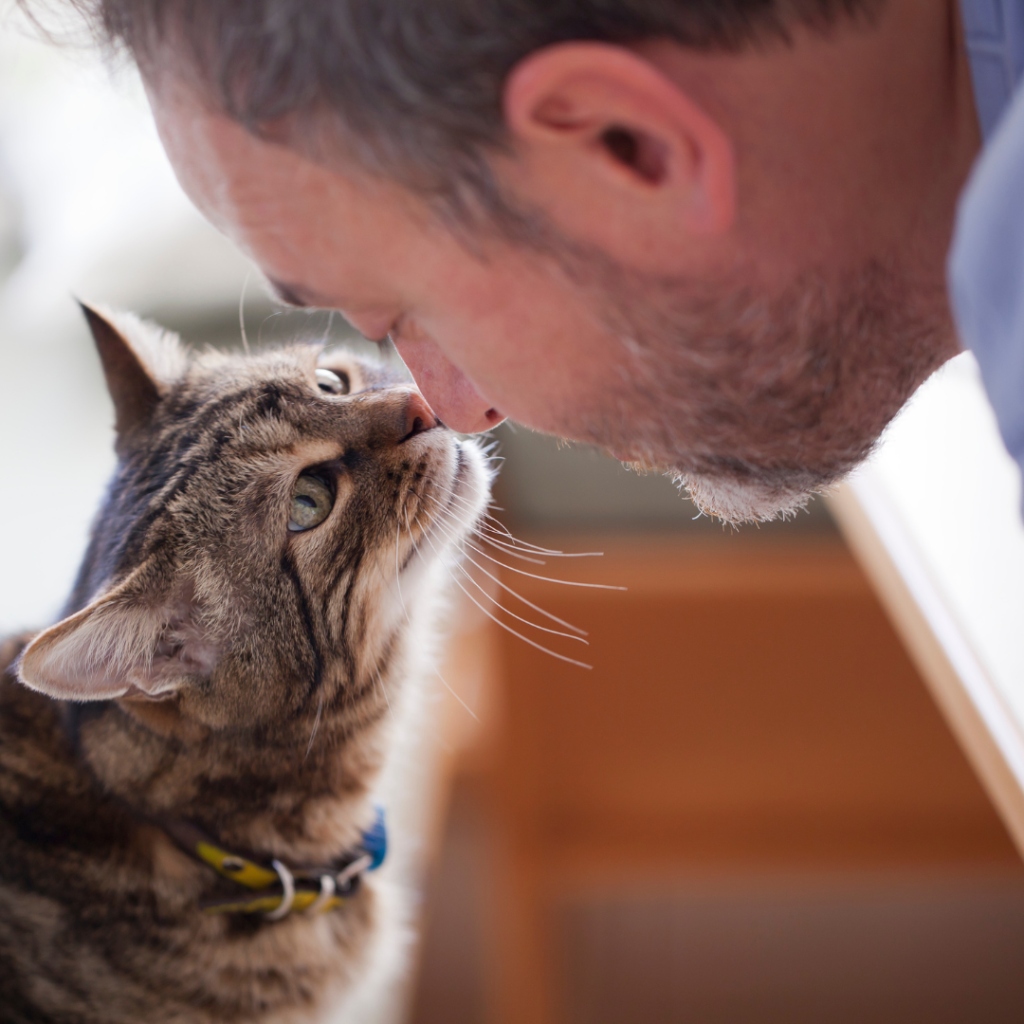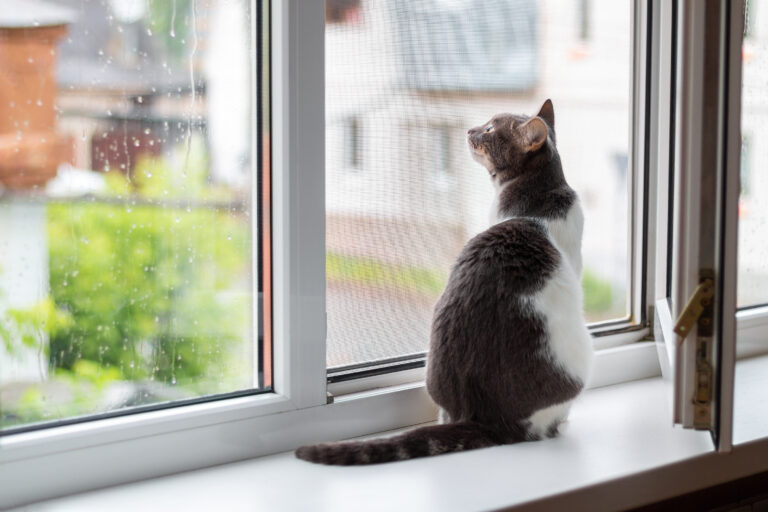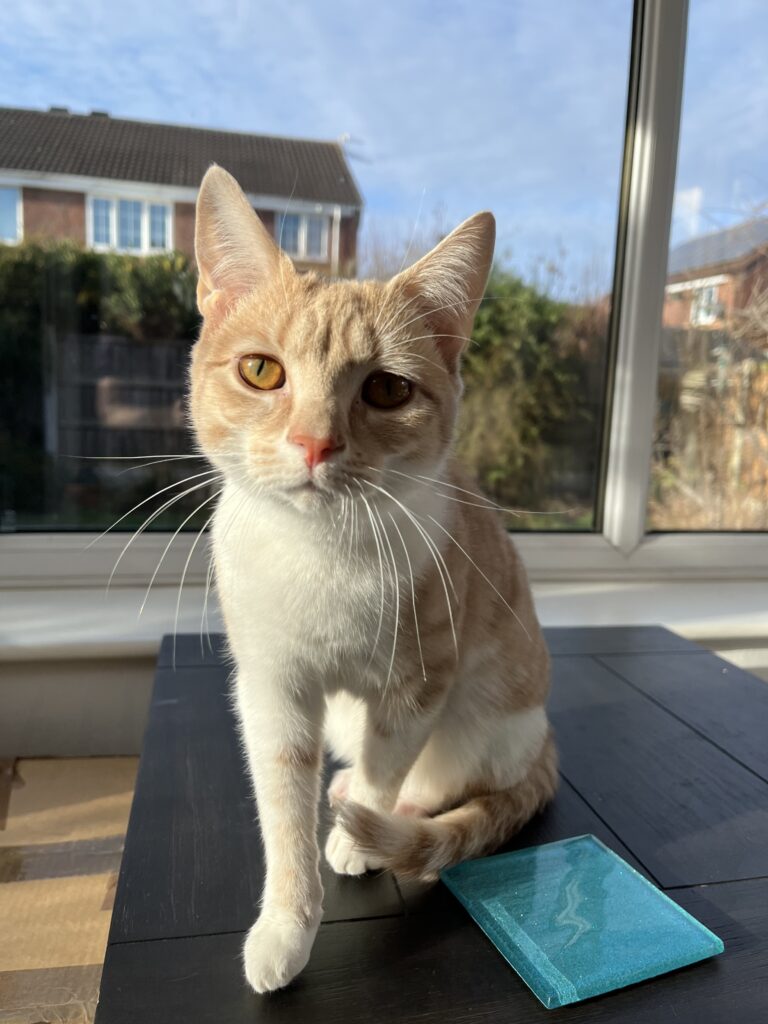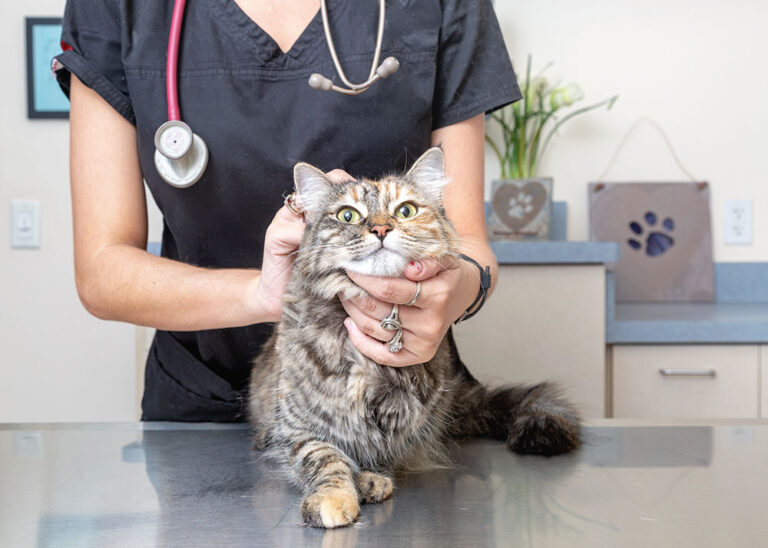Read time: 1.5 mins
Now as much as we would love to believe cats really do live out their nine lives and we’ll never be without them, how do you know how long cats truly live? Of course, lifespan will be different for each individual furry friend, but let’s look at some averages across our four-legged pals and their different life stages.
Lifespan will be affected by many factors, such as breed, environment, diet and healthcare and even whether or not your cat is neutered – interestingly, neutered cats tend to live for longer. In general, domestic cats tend to live anywhere between 12-18 years, though it is not uncommon for many of our tiny tigers to reach the grand age of 20, and if we look at world records, a cat named Creme Puff lived to be 38 years old!
Cats go through 6 main stages of life, which for owners is useful to know to help understand what to look out for and how to keep them as healthy as possible through each stage:
Kitten 0 – 6 months
The tiny furball stage, cute as can be with tiny needle teeth. This is when your cat grows the most and learns about the world around them.
Junior 6 months – 2 years
Your cat will reach full size during this stage and sexual maturity, so it’s important to make sure they’re neutered by this age to avoid any unplanned litters of kittens.
Prime 3 – 6 years
Aka living their best life. Young and healthy, in their prime, it’s still important to keep an eye on their health and keep up to date with vaccinations.
Mature 7 – 10 years
Think of this stage as sort of their midlife, 50-year-old human era. They might slow down a little, but should still have a zest for life. It’s good to keep an eye on their weight in these years as mature cats can be prone to putting on a few pounds as they age.
Senior 11 – 14 years
Senior cats are equivalent to humans in their 70s, fully retired and snoozing through their days. It’s good to keep them mentally stimulated and enriched with games and puzzles as their physical activity may dwindle.
Geriatric 15 years plus
The golden age, living their twilight years in full comfort. Most geriatric cats will certainly slow down, though there isn’t one rule for all and you could still have a spritely senior on your paws.
It really does vary from cat to cat, but keeping up with the vets and a good diet will give them the best possible chance to thrive throughout all life stages!








